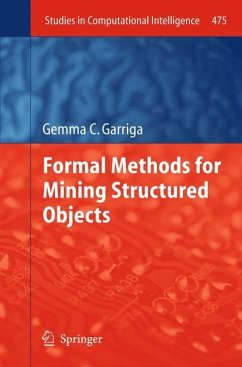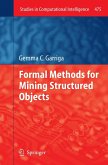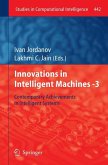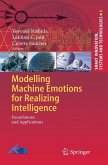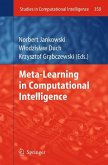In the field of knowledge discovery, graphs of concepts are an expressive and versatile modeling technique providing ways to reason about information implicit in a set of data. Interesting examples of this can be found under the mathematical theory of formal concept analysis, dedicated to the construction of a lattice of concepts by defining a Galois connection on a binary relationship. This book present such graph of concepts under the more complex case of data that comes in a set of structured objects; e.g. a set of sequences, trees or graphs. Nodes of this graph will represent patterns in the data and edges will correspond to relationships of specificity. From this combinatorial object results are derived such as a full characterization of logical implications and closed partial orders. The results presented in this book are coupled with examples and empirical experiments that illustrate the derived theoretical contributions.
From the reviews:
"This book deals with graph representations of data coming from sets of sequences, trees, or more general combinatorial structures. ... Several examples and applications are given in the book, along with empirical experiments, with a view of providing new insights into the mining of various sorts of acyclic structured objects. ... The book is a valuable addition to the literature on knowledge discovery." (Daniele Mundici, zbMATH, Vol. 1280, 2014)
"This book deals with graph representations of data coming from sets of sequences, trees, or more general combinatorial structures. ... Several examples and applications are given in the book, along with empirical experiments, with a view of providing new insights into the mining of various sorts of acyclic structured objects. ... The book is a valuable addition to the literature on knowledge discovery." (Daniele Mundici, zbMATH, Vol. 1280, 2014)

